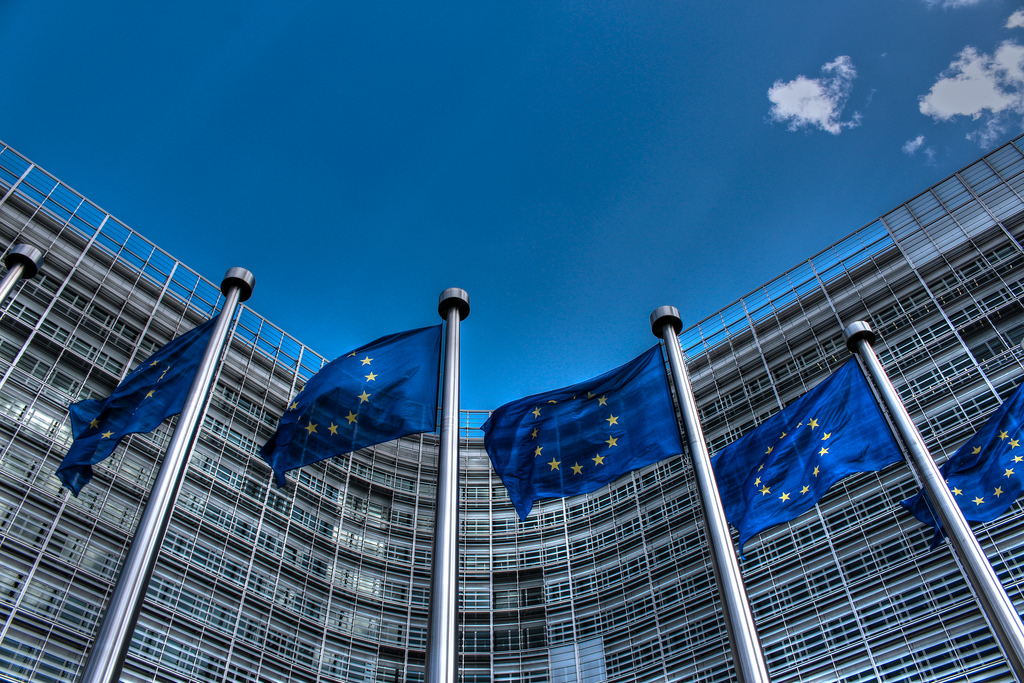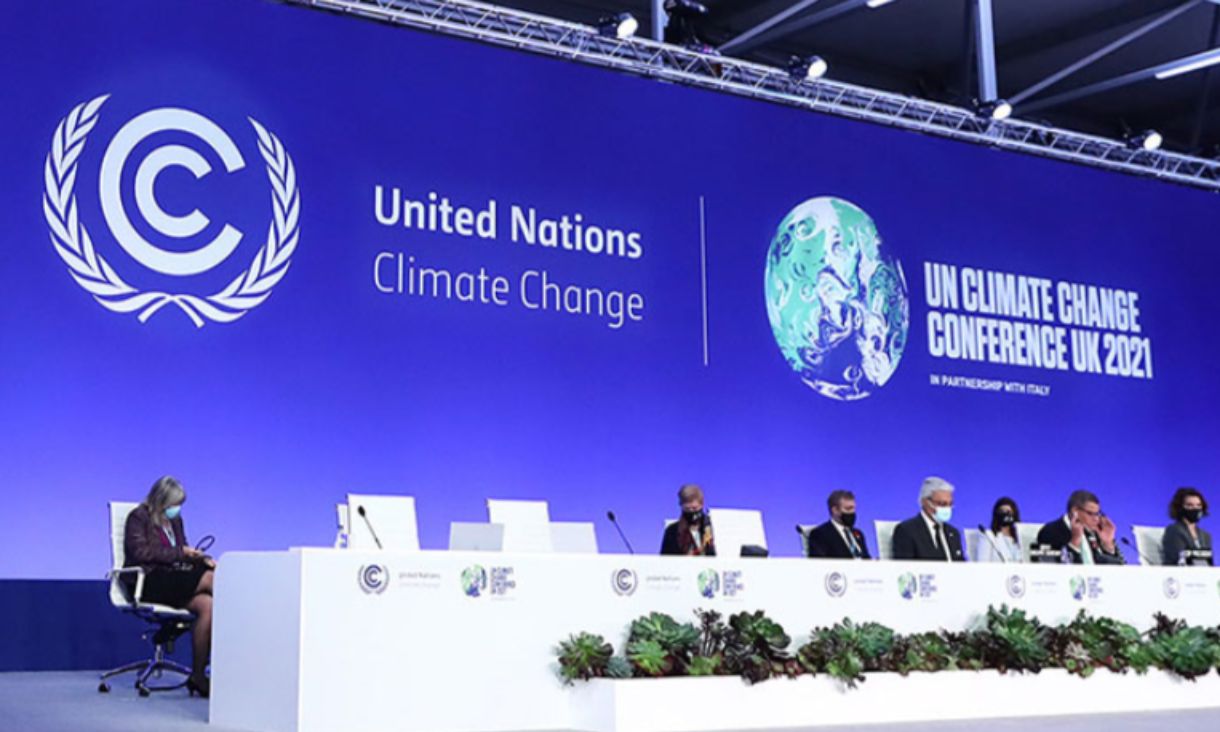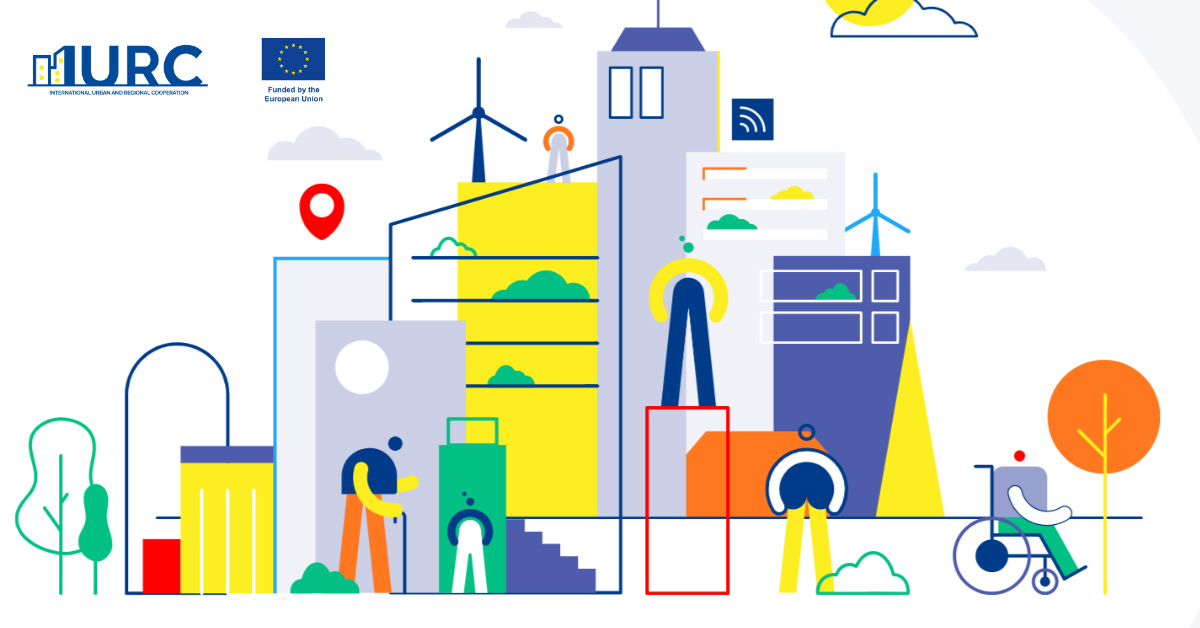There is, according to the World Health Organization (WHO), an observable link between changing climatic conditions and infectious disease. And while it would be misleading to say that climate change caused COVID-19, the unsustainable industrial practices that lie behind climate change led to biodiversity loss that made a global pandemic more likely in the 21st century. COVID-19 and climate change both expose the fragility of the systems that underpin human life and wellbeing – but also, potentially, society’s capacity for transformational change in times of desperate need.
COVID-19 also makes the work of researching and disseminating new findings and pushing for political action on climate change more difficult – here in Australia, this is on top of the challenges created by the summer 2019-2020 bushfires. The slow-down of work, barriers to collaboration, and diversion of resources that have affected researchers and policymakers globally have also affected Intergovernmental Panel on Climate Change (IPCC), which will struggle to meet its next reporting deadline in 2021. Greta Thunberg’s School Strike for Climate has gone online. Whether this proves an effective means of protest, or the climate agenda Thunberg forced to world leaders’ attention last year gets swept away by the pandemic, remains to be seen.
Nonetheless it is clear that addressing the climate crisis must be at the heart of efforts at economic recovery. Global business and political leaders have made this clear in their early declarations about a recovery. UN Secretary-General Antonio Guterres says both crises require “brave, visionary and collaborative leadership” anchored in multilateralism. European Commission President Ursula von der Leyen has pledged to put the much-vaunted European Green Deal at the heart of the EU’s recovery effort. In April, an Ipsos Mori poll found that 65 per cent of respondents, all over the world, agreed that climate change should be prioritised in the post-pandemic recovery.
COVID-19 also makes clear what we are up against. The pernicious binary distinction of ‘the economy’ against climate has been reproduced in calls in the Anglophone west to ease lockdown restrictions prematurely, against the advice of public health experts. The denies both the reality, and the extent, of the crisis: like a world two degrees hotter at the end of the century, an extended pandemic, inadequately addressed, will only cost us more in GDP, wellbeing, and human mortality. These effects will not be evenly distributed. Knowledge economy workers in the global north can insulate themselves better from both COVID-19 and worsening climactic conditions than industrial workers, or workers in the service economy whose jobs require close contact and environmental exposure. Policymakers’ and economists’ job is to help us navigate this reality. Their strategies must be underpinned by the imperatives of human wellbeing and social justice.
Activists, civil society, researchers and bystanders have a role to play, too. There are lessons we can take from responses to COVID-19 in the effort to rally public and political will behind climate action. Calls to ‘follow the science’ on climate, as we have done on COVID-19, are misplaced. This is because the pandemic has demonstrated, first of all, that science is not a monolith. The provisional nature of science and the need for rigorously contested science is demonstrated daily, as new evidence about the coronavirus and its health effects emerges and scientists across the world speed vaccines to trial. The pandemic has also shown that science is deeply, ineradicably politicised – one need only look at Dr Anthony Fauci’s efforts to make the White House listen to the facts about the pandemic, to see this. ‘Politics’ is not just for climate sceptics. It has to be for us, too.
How then, to make climate change political, while preserving the integrity of climate science? This is one question for the Jean Monnet Sustainable Development Goals Network Seminar on SDG 13: Take urgent action to combat climate change and its impacts. What role can the SDGs, SDG 13 in particular take in this work, as inspirational goals, policy frameworks or measurable outcomes for climate action?
Dr Chloe Ward, EU Centre of Excellence
Register here for the Jean Monnet Sustainable Development Goals Network online Seminar on SDG 13 on Tuesday 26 May, 12.30pm AEST.








